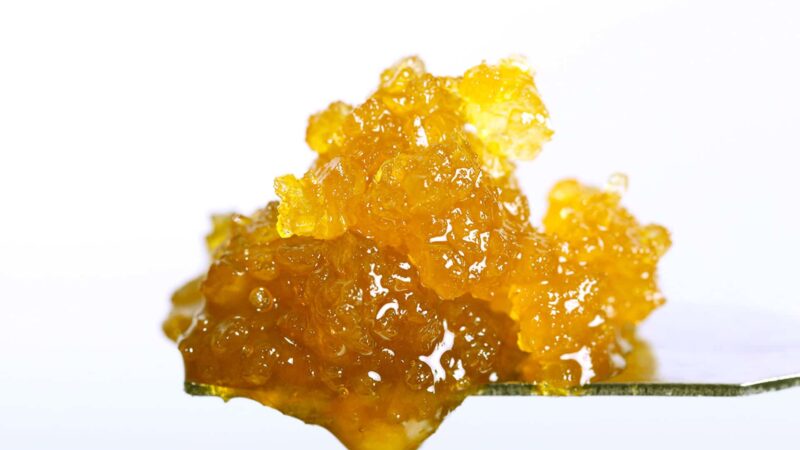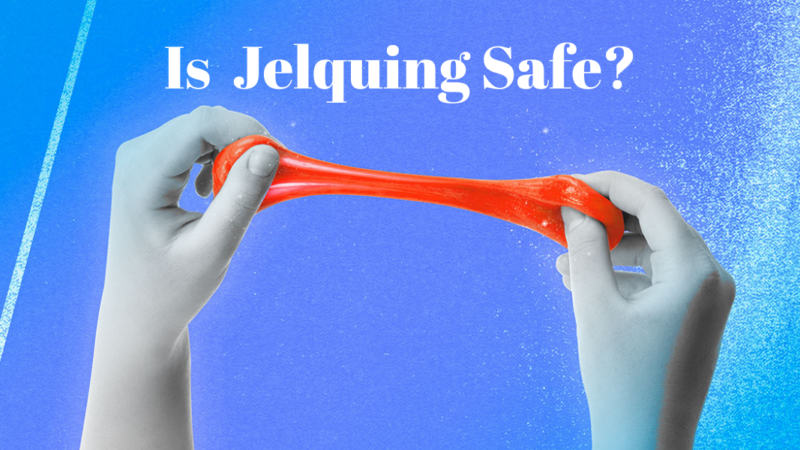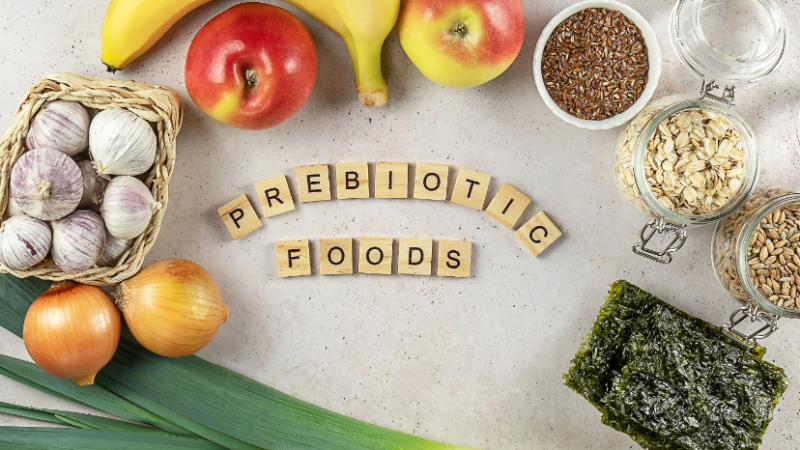Is Weed a Depressant? The Complex Relationship Between Cannabis and Mood

Is Weed a Depressant – Cannabis, commonly called weed, marijuana, or pot, is one of the most widely consumed recreational drugs worldwide. It’s known for its psychoactive effects, including relaxation, euphoria, altered perception, and increased appetite.
While these effects are often associated with depressants, the classification of cannabis as a depressant is a subject of debate and misunderstanding. In this blog, we’ll explore the complex relationship between weed and mood and whether it can accurately be classified as a depressant.
Understanding Drug Classifications
We first need to understand how drugs are typically classified to determine whether is weed a depressant. Drugs are broadly categorized into three classes:
- Depressants: These substances slow down the central nervous system, decreasing brain activity and relaxation. Alcohol, benzodiazepines, and barbiturates are examples of depressants.
- Stimulants: Stimulants have the opposite effect of depressants. They increase brain activity, alertness, and energy levels. Examples include caffeine, amphetamines, and cocaine.
- Hallucinogens: Hallucinogenic drugs alter perception, mood, and various cognitive processes. LSD, psilocybin mushrooms, and peyote fall into this category.
Cannabis: A Complex Plant
Cannabis contains over 100 different compounds known as cannabinoids, the most well-known being tetrahydrocannabinol (THC) and cannabidiol (CBD). THC is primarily responsible for the euphoric and psychoactive effects of cannabis, while CBD has more potential therapeutic benefits without causing significant psychoactive effects.
The Effects of Cannabis on Mood
The effects of cannabis on mood can vary widely depending on several factors, including the strain, dosage, individual tolerance, and the method of consumption.
While some users report feeling relaxed and euphoric after using weed, others may experience increased anxiety or paranoia.
These mixed effects make it challenging to categorize cannabis neatly as a depressant or any other specific drug class.
Depressant-Like Qualities
Certain aspects of cannabis’s effects align with depressant-like qualities. It can induce relaxation, reduce stress, and promote sleep in some individuals. Additionally, many people use cannabis to unwind after a long day, similar to how depressants are often used for relaxation.
Stimulant-Like Qualities
On the flip side, cannabis can also have stimulant-like effects. Some users report increased alertness, creativity, and sociability after consuming weed. These effects are more in line with stimulants than depressants.
Ultimately, cannabis is a unique substance with a wide range of effects, and its classification is not as straightforward as other drugs.
Conclusion
Is weed a depressant? The answer is that it’s not a simple “yes” or “no.” While certain effects of cannabis may resemble those of depressants, it’s an oversimplification to categorize it as such. Cannabis is a complex plant with a diverse range of effects on mood and cognition, and its impact varies greatly from person to person.
The best approach is to recognize it as a substance with depressant-like, stimulant-like, and even hallucinogenic effects, depending on the individual and circumstances. As with any substance, responsible and informed use is essential for those who consume it.
FAQs
What is weed, and what are its primary components?
Weed, also known as marijuana or cannabis, is a plant used for recreational and medicinal purposes. Its primary active components are THC (tetrahydrocannabinol), responsible for the psychoactive effects, and CBD (cannabidiol), which offers potential therapeutic benefits without significant psychoactive effects.
Is weed legal in my area?
The legality of weed varies widely depending on your location. In some places, it’s fully legalized for both medical and recreational use, while in others, it remains illegal. Regulations can change, so it’s crucial to research the specific laws and regulations in your region.
What are the potential health benefits of using weed?
Weed has been studied for various potential therapeutic benefits, such as pain relief, nausea reduction, anxiety and stress management, and appetite stimulation. CBD, in particular, has gained attention for its potential in treating certain medical conditions.
What are the risks and side effects associated with weed use?
Common side effects of weed use can include impaired memory and coordination, altered judgment, and increased heart rate. Long-term use may lead to addiction and potential cognitive impairments. Additionally, smoking weed can have respiratory risks, similar to tobacco smoke.
How can I consume weed, and what’s the safest way?
Weed can be consumed in various forms, including smoking, vaporizing, edibles, tinctures, and topicals. The safest consumption method largely depends on your preferences and health considerations. Smoking and vaping, for example, may pose respiratory risks, while edibles take longer to take effect and require careful dosing. Always start with a low dose and consult with a healthcare professional if you have safety concerns.




